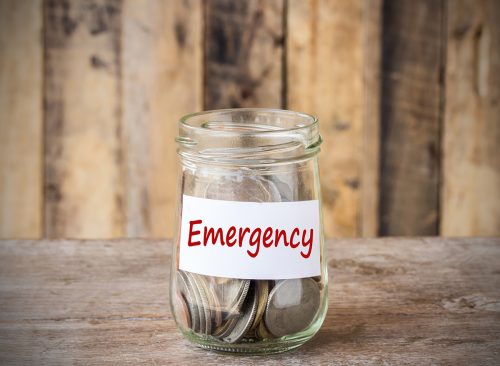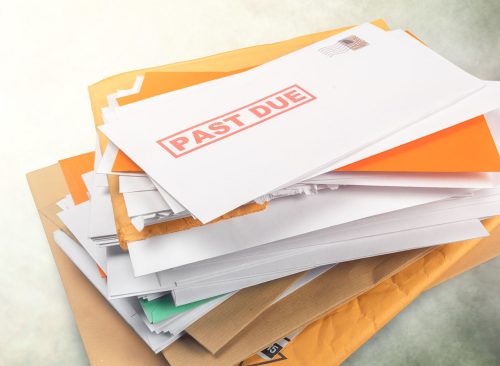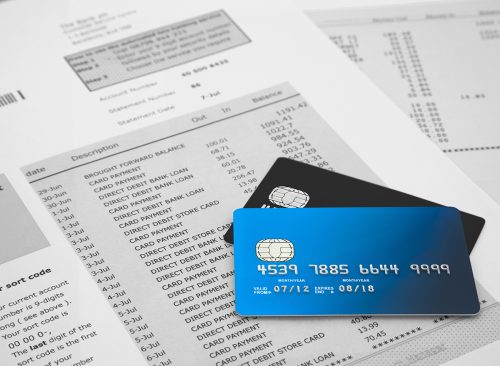7 Steps to Protect Yourself From a Financial Emergency
Here's how big your emergency savings fund should be.
Coming off years of pandemic-related economic disruption, the potential for financial insecurity is still at the forefront of many of our minds. This summer’s actors’ and writers’ strikes in Hollywood—driven by middle-class workers who want to earn a living wage in an industry that used to pay one—has amplified this. A federal workers’ strike may follow soon. If you’re wondering how you might be able to cope with a short- to medium-term work interruption, you’re not alone. How big should your emergency savings fund be, anyway? Has the pandemic changed that calculation? Where should it be held? Here are seven ways experts say you should prepare for a financial emergency today.
1
Spend Less, Starting Now

“You should regularly re-examine your budget for bloating,” said Michelle Singletary in the Washington Post recently. “When things are going well, it’s hard to spot overspending. An extra $20 or $30 here and there doesn’t get noticed. But closing off that money drain can become your savings grace if your paychecks stop. Don’t wait until you’re in the middle of a crisis to start controlling your spending.” Cut back on unnecessary expenditures and divert that money to an emergency fund.
2
About That Emergency Fund

“Like so many others, I have long encouraged people to save three to six months’ worth of expenses for a rainy day,” said Singletary. “However, meeting that goal could amount to a few thousand dollars or more. The natural response for many when a goal is too high is to do nothing.” If a three-to-six-month emergency fund seems impossible, aim to survive at least one month without a paycheck, she advises. During that time, you can look for other work.
3
Be Proactive With Creditors

If the worst-case scenario comes to pass and you lose your income, don’t just skip your bills, Singletary says. Contact creditors to see if you can work out a payment plan before you fall behind. You might even be able to get your bills paused for a month or two.
4
Don’t Prioritize Debt

Build up at least a one-month emergency fund before you pay extra on your debts, Singletary says. Pay only what’s required until then.
5
Remember Credit Is An Enemy

If you have to put something on a credit card, you can’t afford it. Think twice about using credit and adding to a debt load that may become cumbersome in the future.
6
Get Healthy

Investing in your health—read: exercise—can save you serious expenditures later. “A married 65-year-old couple with just typical prescription drug costs in retirement that wants to have a high confidence they will be able to handle their retirement medical expenses is projected to need nearly $150,000 less over their lifetime than a couple with very high prescription drug costs,” said financial adviser Suze Orman. “I hope that’s ample motivation to get you moving a bit.”
RELATED: 30 Area Codes to Watch for in Latest Phone Scam
7
Review Your Insurance Coverage

“Regularly reviewing your insurance coverages is important for protecting your income and your assets,” said Ron Carson in Forbes. “Insurance helps to shift risk from you to an insurance company. However, people often don’t realize that they are underinsured until an unexpected event occurs. If it’s been more than two years since you met with a financial professional to review your coverages and costs, schedule time to do so now. “















